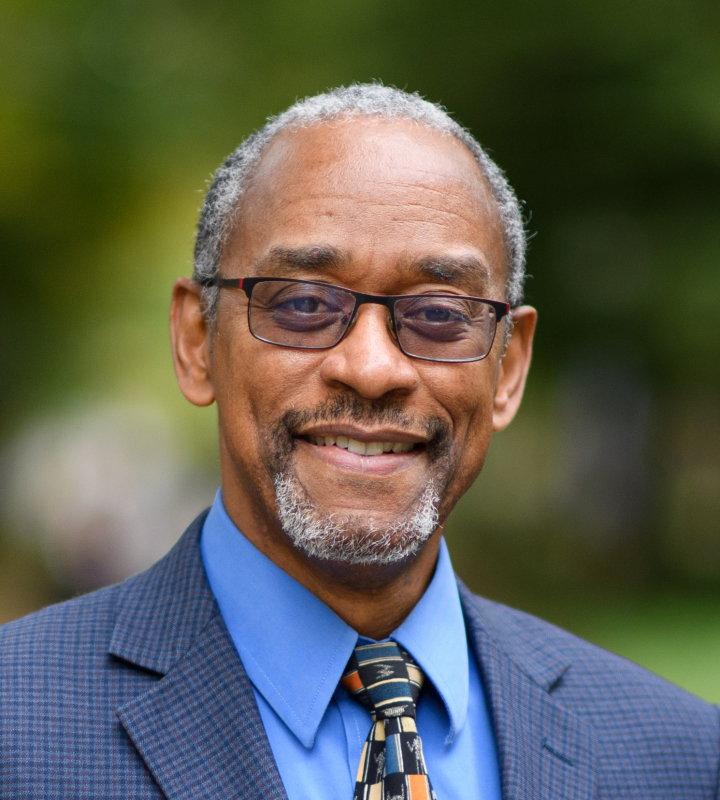Keith Andrew Wailoo is Henry Putnam University Professor of History and Public Affairs at Princeton University where he teaches in the Department of History and the Woodrow Wilson School of Public and International Affairs. He is former Chair of the Department of History, former Vice Dean of the Woodrow Wilson School, and Past President (2020-22) of the American
Association for the History of Medicine. Elected to the National Academy of Medicine in 2007, he is author of multiple works exploring the cultural meanings of health, and political debates over healthcare and identity. These include: Pain: A Political History (Johns Hopkins, 2014); How Cancer Crossed the Color Line (Oxford, 2011); The Troubled Dream of Genetic Medicine (Johns Hopkins, 2006); and Dying in the City of the Blues: Sickle Cell Anemia and the Politics of Race and Health (UNC, 2001). His co-edited books include: Medicare and Medicaid at 50: America’s Entitlement Programs in the Age of Affordable Care (Oxford, 2015); Genetics and the Unsettled Past: The Collision of DNA, Race, and History (Rutgers, 2012); and Three Shots at Prevention: The HPV Vaccine and the Politics of Medicine’s Simple Solutions (Hopkins, 2010). He has lectured widely, and published in the New York Times, the New England Journal of Medicine, the Journal of the American Medical Association, and many other venues.
For more information, visit: http://www.keithwailoo.com/
Committee Member Q & A
We asked each Committee Member four questions to gain insight into who they are and what they value in bioethics scholarship and the Faculty Scholars Program.
What professional activity or accomplishment are you most proud of?
I value working at the intersection of History of Medicine and public affairs in a wide variety of venues where questions of ethics, cultural values, and policymaking converge. Over my career, this intersection has taken many forms – teaching (in a Social Medicine department of a medical school, in History, and in a public policy school); contributing to National Academy committee reports addressing controversial issues in organ donation or genetics; writing on health and health care policy for scholarly and general audiences; and engaging in an array of other settings with practitioners and scholars who are themselves pushing the boundaries of their fields to address wide ranging questions in health and society.
In your work, how have you engaged with people who face bioethics dilemmas in their professional activities or personal lives?
My work on the history and politics of chronic pain has given me the opportunity to engage with care givers, patients, students, and policy makers in different public and professional settings about the vexing ethical dilemmas in pain care; I teach courses on such topics as Genetics and Public Policy, and Race, Drugs, and Drug Policy which push students to understand how social values and ethical commitments inform the shaping of genetics or drug policy – topics inevitably touching on issues of privacy, justice, morality, ideology, and so on.
Who has been affected by your work in bioethics?
My teaching has shaped students; my scholarship has shaped the thinking of scholars and practitioners, as well as policymakers and the general public. Recently, for example, I spoke at a Congressional staff briefing on drugs and drug reform as Congress deliberated over opioid and prescription drug legislation. To me, these settings are all venues where fruitful (and one hopes, effective) bioethics work can, and should, be done.
What do you view as the greatest strength of the Greenwall Faculty Scholars Program?
One of the greatest strengths of the Greenwall program is its commitment to developing excellence in engaged bioethics research – in a program where scholars are encouraged both to sharpen their research and to expand the reach of their work in medicine, health care, and public policy by interacting with, and learning from, a wider disciplinary range of talented scholars and mentors.
